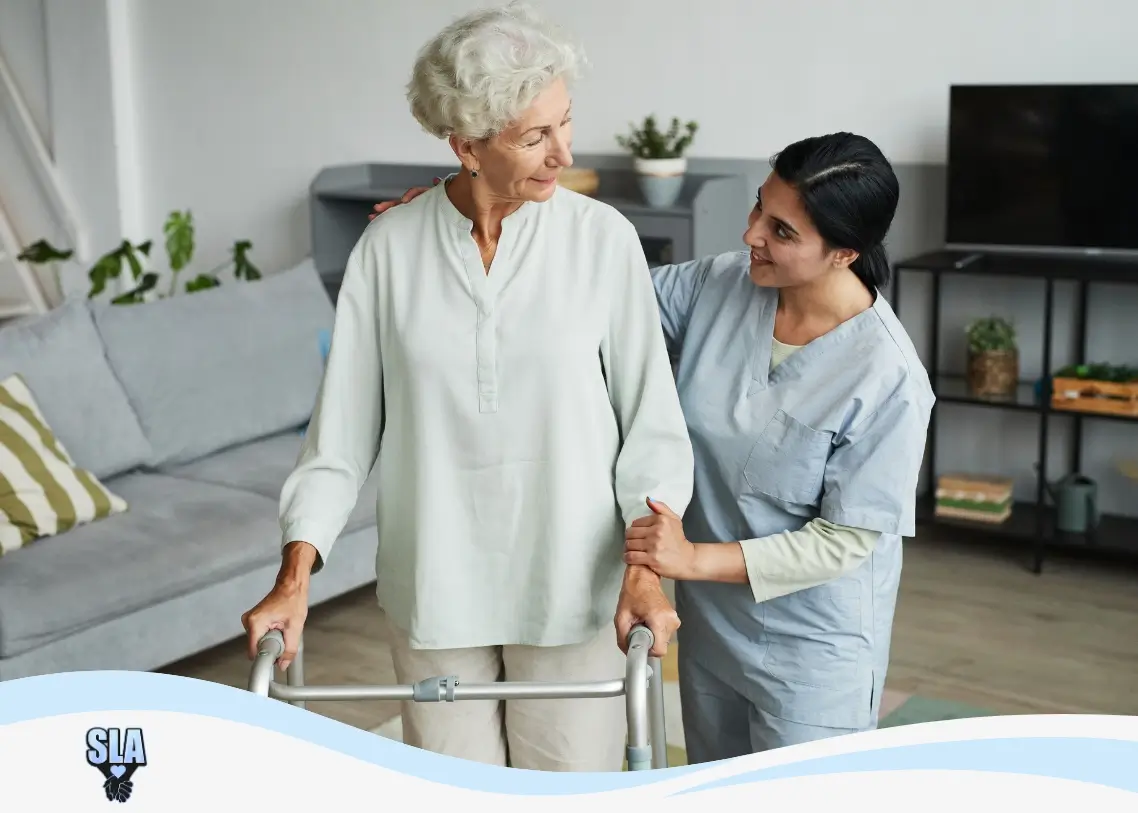Addressing 5 Common Misconceptions About Hospice Care

Navigating end-of-life decisions is a challenging journey, often clouded by misconceptions about hospice care. In this blog post, we aim to shed light on common myths surrounding hospice care, providing clarity and empowering individuals and families to make informed choices during sensitive times.
Misconception 1- Hospice Care is Only for the Last Few Days
Contrary to popular belief, hospice care isn’t reserved for the final days of life. In fact, initiating hospice care earlier can offer extended support, ensuring both patients and families receive the comprehensive care they need throughout the journey. By choosing hospice care sooner, individuals gain access to a range of supportive services, from pain management to emotional and spiritual guidance, creating a more encompassing and personalized approach to end-of-life care. This proactive decision not only enhances the quality of life for the patient but also provides valuable assistance and comfort to their loved ones during a challenging time.
Misconception 2- Hospice Care is Only for Cancer Patients
Hospice care isn’t exclusive to cancer patients. Its scope is broad, covering various life-limiting illnesses such as heart failure, dementia, and respiratory diseases. Understanding this versatility allows individuals to explore hospice care options tailored to their specific needs. Whether managing the complexities of chronic conditions or navigating the challenges of advanced stages of illness, hospice care adapts to provide personalized support, aiming to enhance the comfort and well-being of individuals across a spectrum of health conditions.
Misconception 3- Hospice Care Means Giving Up Hope
Entering hospice care doesn’t mean giving up hope. Instead, it reframes hope, focusing on comfort, meaningful moments, and maintaining dignity. It’s about creating a different, but equally important, kind of hope during a challenging time. In hospice, hope is centered around making the most of every day, cherishing moments of connection, and finding peace in the presence of loved ones. This shift in perspective allows individuals and their families to navigate their journey with a renewed sense of purpose and fulfillment.
Misconception 4- Hospice Care is Only Provided in Facilities
Contrary to the belief that hospice care is confined to specialized facilities, it is often provided in the comfort of the patient’s own home. This flexibility allows families to create a familiar and supportive environment during their loved one’s final moments. Home-based hospice care not only respects the individual’s desire for familiar surroundings but also promotes a sense of security and peace, enabling both patients and their families to navigate the end-of-life journey with a greater sense of comfort and emotional support.
Misconception 5- Hospice Care Neglects Medical Attention
Dispelling the myth that hospice care neglects medical attention is crucial. In reality, hospice care offers a comprehensive approach, addressing medical, emotional, and spiritual needs. It ensures that patients receive the best possible care across all aspects of their well-being. This holistic approach not only includes expert medical management of symptoms but also provides emotional support for both patients and their families, fostering a compassionate environment that goes beyond traditional medical care.
By debunking these common myths, we hope to foster a clearer understanding of hospice care. In times of vulnerability, having accurate information empowers individuals to make decisions aligned with their values and preferences. Let’s embrace open conversations, dispel misconceptions, and work towards creating a more informed and compassionate community. For further information and support on hospice care, reach out to Senior Living Advocates today!
Trending Posts...
Families rarely ask this question early. Most begin searching after months or years of trying to manage memory loss at …
There comes a point in every family’s journey when you start noticing things that don’t feel right anymore. Maybe your …


